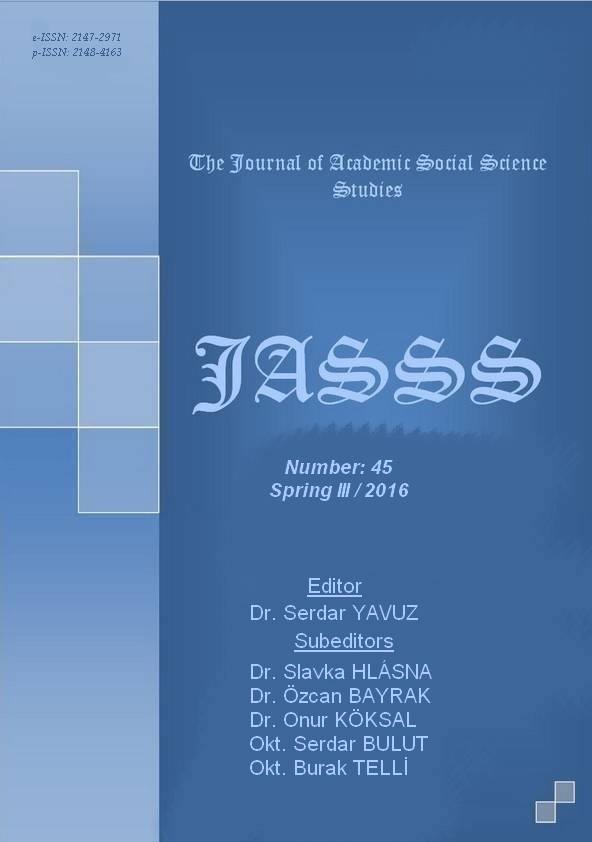Author :
Abstract
Seyr-i sülûkte peşisıra yer alan i’tisâm ve firâr kavramları, sûfîlerin terminolojisine diğer bir çok terim gibi Kur’an’dan girmiştir. Allah’a ve Allah’ın ipine sarılmak şeklinde ifadesini bulan i’tisâm, doğrudan Allah’a kaçışı ifade eden firârın başlangıcı, firâr da i’tisâmın bir neticesi gibidir. İman edip Allah’ın dinine yapışan, Kur’an ve Sünnet’e sımsıkı sarılan kul, bu çizgisini devam ettirdikçe, fenadan bekaya doğru gitgide derinleşen bir kaçış gerçekleştirir. Bu aynı zamanda, yokluğa mahkum herşeyden, varlığı daimî ve bâkî olan Hakk’a firârdır. İ’tisâm ve firâr terimleri, hayatı, Allah’ın istemediklerinden istediklerine, O’ndan başka herşeyden O’na doğru yapılan bir yolculuktan ibaret olduğunu ifade etmeleri bakımından da dikkatleri çekmektedir.
Keywords
Abstract
The Sufi concepts firâr and i'tisam (fleeing and the search for refuge), like a great many others, which follow directly on from the notion of sayr u suluk (spiritual journeying and initiation), have entered the Sufi lexicon from the Qur'an itself. Signifying holding fast to God and the rope of God (habl Allah), i’tisâm constitutes the starting point of firâr, which denotes fleeing directly to God, while firâr is, to all intents and purposes, the result of i’tisâm. The servant who believes and holds fast to the religion of God and adheres firmly to the Qur'an and the Sunna actualises an increasingly deepening escape going from fana' (annihilation) to baqa' subsistence as they continue upon this path. This is, at the same time, an escape from everything that is doomed to nonexistence, to God, Whose existence is permanent and everlasting.





